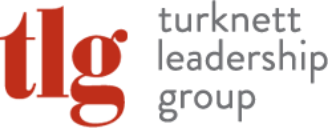
 A Company without a Plan, Plans to Fail
A Company without a Plan, Plans to Fail
I selected the theme for this article based on an experience I had at the Chicago YMCA. I took the helm of one of the largest YMCAs in the world in 1991. In March of 1991 the Rodney King incident took place. Mayor Richard M. Dailey reached out to me directly and expressed concern that a violent summer of gang violence was going to overwhelm a city that already was known for its high level of gang violence. Our Y team was able to rally the community and we created an aggressive program to not just maintain the status quo but to reduce gang violence during the “Summer of 91” in the city. There were lots of factors that made the “experiment” work. The two most notable were that we put the fringe gang members to work removing graffiti from buildings (okay…. they were likely the same people that put it on the buildings) and we had a very strong gang intervention leader. This brings me to my thoughts on planning.
Our Executive Director for Gang Intervention was a man named Kenny Ruiz. Kenny taught me and many others that gang members often didn’t have a life plan. In his words, the most important thing he taught to the ones that would listen, was “a man without a plan plans to fail”. During the “Summer of 91”, in one area of Chicago, the gang murder rate dropped from 16 to 0. Again, I am not suggesting that there were not multiple factors that contributed to the reduction, because there were. Yet, I am confident to say that the Y’s program played a significant role.
I am part of planning for Turknett and for the companies we work with through our strategic planning line of business and know that just about everyone reading this also does some form of planning. Some of you are masters of planning for your company’s and your own personal destiny; however, some of you may not value planning as much, and since 2020 is right around the corner, allow me to suggest a few things. Here are my ten key suggestions:
- Acknowledge that having a detailed game plan is extremely important and give yourself ample time to develop the plan (I suggest at least 4 months).
- A plan isn’t any one individual’s responsibility. In an era where every employee is expected to be a leader/contributor, every employee should have a role in planning
- A plan is not a static document. It’s a living document. Set ways to adjust and have times built into your calendar to review the plan.
- My reference for this article is to have an annual plan, but there should be an overarching vision, mission, and goals for 2 to 3 years out. You could have a longer horizon for the ultimate goals, but in my opinion, in this fast-paced world, the reality is two to three years, and should be the primary focus.
-
Plans can include – goals, measurable objectives, a timeline and the person or team accountable
-
Create a dashboard to report out on your plan. This holds individuals and teams accountable. Even if your boss, your board, or your peers don’t ask for it, it’s still a great thing to do
-
Is your plan aligned with your budget, performance standards (yes, I still believe in performance measures), and job accountabilities? This all should be in sync
-
I subscribe to having 2 to 5 primary goals. There are plenty of objectives that fall under those goals (here is where we all get into nomenclature…. goals, aims, objectives, tactics, vision, etc.) It doesn’t matter what you call them if you and all people in the organization know what they are
-
Celebrate your wins and even your misses. I always like to create team goals. For example, at TAG, we had each staffer pick two of their objectives to achieve by a certain timeline. If we hit 90%, we were to go on a white-water rafting trip. Achieved….
-
Take time to rest (not really)

